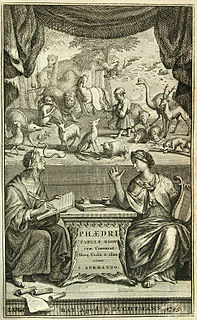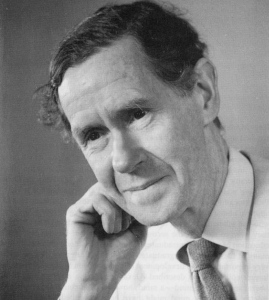A Quote by J. R. R. Tolkien
Much evil must befall a country before it wholly forgets the Elves, if once they dwelt there.
Related Quotes
Elves are wonderful. They provoke wonder. Elves are marvellous. They cause marvels. Elves are fantastic. They create fantasies. Elves are glamorous. They project glamour. Elves are enchanting. They weave enchantment. Elves are terrific. They beget terror. The thing about words is that meanings can twist just like a snake, and if you want to find snakes look for them behind words that have changed their meaning. No one ever said elves are nice. Elves are bad.
My character is different from all of the Elves you've met before, in that she's really young. And I keep telling journalists this because I've really focused on that in my performance. I'm trying to distinguish her from all of these incredibly sage and wise Elves that have lived for thousands of years.
When one has once accepted and absorbed Evil, it no longer demands the unfitness of the means. The ulterior motives with which youabsorb and assimilate Evil are not your own but those of Evil.... Evil is whatever distracts. Evil knows of the Good, but Good does not know of Evil. Knowledge of oneself is something only Evil has. One means that Evil has is the dialogue.... One cannot pay Evil in installments--and one always keeps on trying to.
England has not wholly escaped the curse which must ever befall a free government which holds extensive provinces in subjection; for, although she has not lost her liberty or fallen into anarchy, yet we behold the population of England crushed to the earth by the superincumbent weight of debt and taxation, which may one day terminate in revolution.
God is omnipotent; God is wholly good; and yet evil exists. There seems to be some contradiction between these three propositions, so that if any two of them were true the third would be false. But at the same time all three are essential parts of most theological positions: the theologian it seems, at once must adhere and cannot consistently adhere to all three.




































